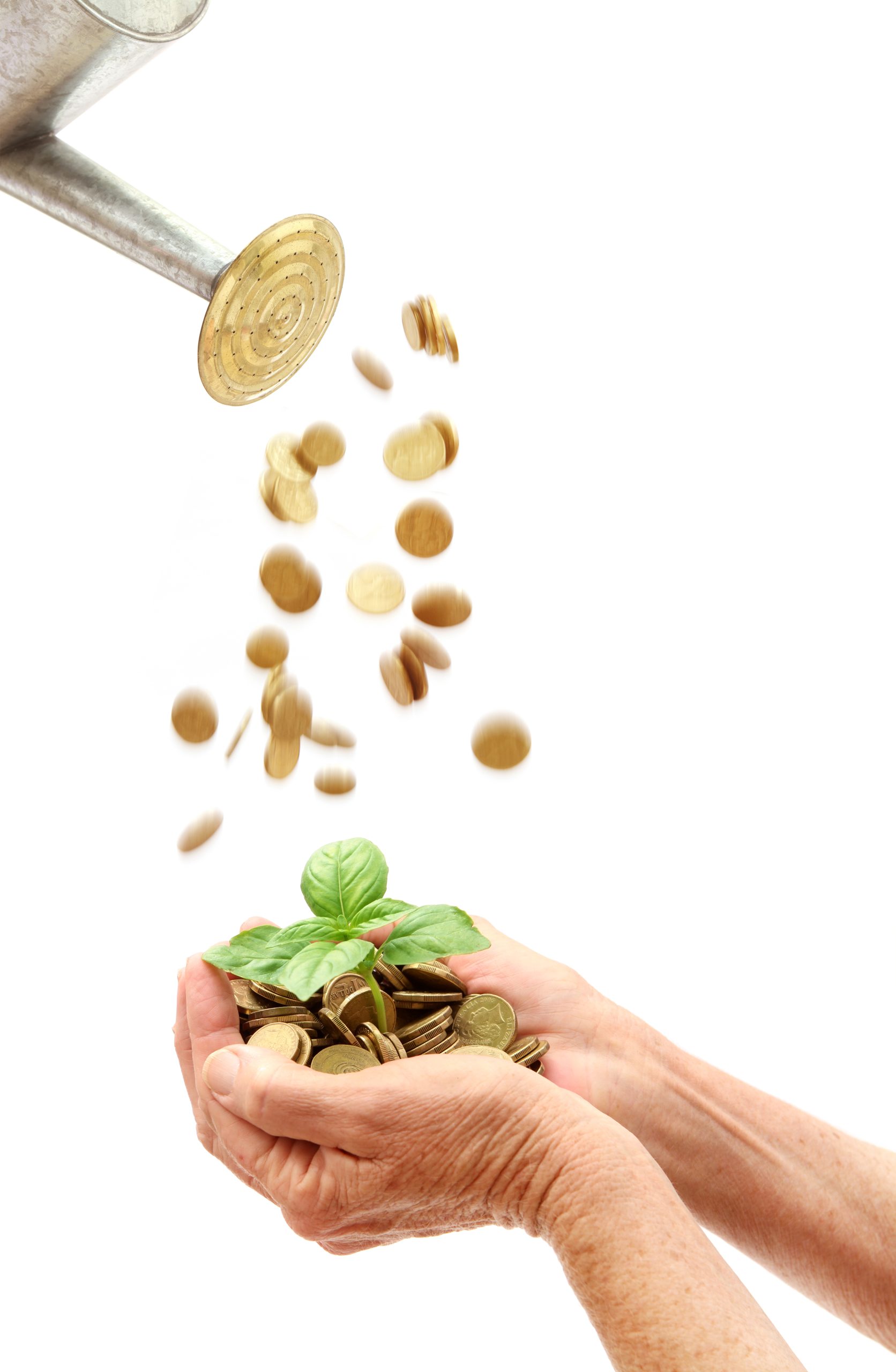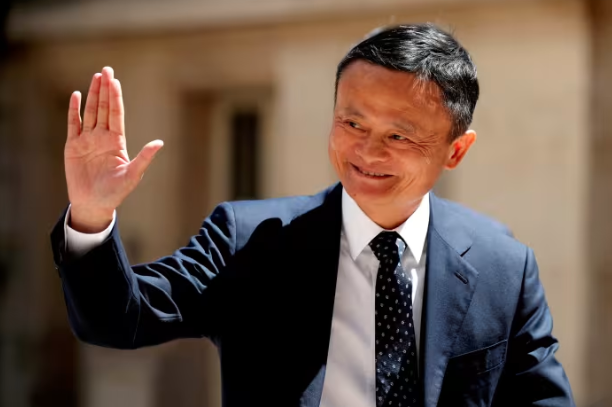Christie’s to Offer Two Landscapes by Lucian Freud in London
Two landscapes by Lucian Freud previously in the collection of British businessman and philanthropist Simon Sainsbury will be offered next month at Christie’s in London, the auction house announced Friday.
Separately, Sotheby’s released additional highlights of its upcoming Masters Week in New York, including an over 400-year-old Anthony Van Dyke painting, A Sketch for Saint Jerome, that was found in a farm shed in the late 20th century in New York. The auction house expects to bring in more than US$100 million from across nine sales running now until early February.
Christie’s sale of the two Freud landscapes will take place on the evening of Feb. 28 in London. Offered by the same private collector, both paintings were formerly in the collection of Sainsbury, whose family founded Sainsbury’s, the second largest chain of supermarkets in the U.K. Upon his death in 2006 at the age of 76, Sainsbury bequeathed the majority of his art collection, estimated to be worth £100 million at the time, to the National Gallery and the Tate Gallery in London.
One of the paintings, Scillonian Beachscape from 1945-46, will make its first public appearance on the market since 1974 and has a presale estimate of between £3.5 million and £5.5 million (US$4.3 million and US$6.8 million). Depicting a dreamlike coastal scene in lush, sun-drenched color, it was inspired by Freud’s visit to the Isles of Scilly and directly based on his drawing, Untitled, which sold for £138,600 at Christie’s in London last October.

The other, Garden from the Window, depicts the artist’s garden at 138 Kensington Church Street. It was first unveiled at the Tate in London in 2002, and its debut auction at Christie’s is expected to fetch £2.5 million and £3.5 million.
“Lucian Freud, revered as one of the greatest painters of the 20th century, continually returned to the natural world as a source of rich inspiration throughout his career. This lifelong fascination is perfectly encapsulated in these two exquisite paintings which offer viewers insight into both his early and late life,” Tessa Lord, acting head of department of Post-War and contemporary art at Christie’s London, said in a news release.
The National Gallery in London has recently organized a centenary retrospective “Lucian Freud: New Perspectives,” which will move to Thyssen-Bornemisza Museo Nacional in Madrid in February.
Freud’s auction record was set by his painting large interior w11 (after watteau), 1981-83, from the collection of Paul Allen. It sold for US$86.3 million last November at Christie’s in New York.

Meanshile, t Sotheby’s, its first major sale of the year will be its Masters Week in New York, which is expected to bring in more than US$100 million across nine sales that will run through early February.
The sales will be led by 10 Baroque masterpieces from the collection of Mark Fisch, a real estate developer and a trustee of the Metropolitan Museum of Art in New York, and his ex-wife, Rachel Davidson, a former New Jersey judge. The two filed for divorce last year. Highlighting the collection, to be auctioned next Thursday, is a 1609 Rubens masterpiece, Salome Presented with The Severed Head of Saint John the Baptist, with an estimate of between US$25 million and US$35 million.
The sales also include The One, a new format sale featuring one-of-a-kind objects throughout history. This sale will be led by Kobe Bryant’s Lakers jersey with a high estimate of US$7 million, and a Princess Diana’s dress, with a presale estimate between US$80,000 and US$120,000.
A Sketch for Saint Jerome from 1615-18 by Anthony Van Dyck that was discovered in the late 20th century in a farm shed in Kinderhook, N.Y., will be offered in the region of US$2 million and US$3 million. A portion of proceeds from the sale will benefit the Albert B. Roberts Foundation, which supports artists and other creatives.
Roberts, a collector of “lost” pieces, purchased the sketch for US$600. Soon afterwards, the sketch was recognized by art historian Susan J. Barnes as a “surprisingly well preserved” autograph work by Van Dyck, according to Sotheby’s.
He died in August 2021 at the age of 89.
 Copyright 2020, Dow Jones & Company, Inc. All Rights Reserved Worldwide. LEARN MORE
Copyright 2020, Dow Jones & Company, Inc. All Rights Reserved Worldwide. LEARN MORE
This stylish family home combines a classic palette and finishes with a flexible floorplan
Just 55 minutes from Sydney, make this your creative getaway located in the majestic Hawkesbury region.
Impact investing is becoming more mainstream as larger, institutional asset owners drive more money into the sector, according to the nonprofit Global Impact Investing Network in New York.
In the GIIN’s State of the Market 2024 report, published late last month, researchers found that assets allocated to impact-investing strategies by repeat survey responders grew by a compound annual growth rate (CAGR) of 14% over the last five years.
These 71 responders to both the 2019 and 2024 surveys saw their total impact assets under management grow to US$249 billion this year from US$129 billion five years ago.
Medium- and large-size investors were largely responsible for the strong impact returns: Medium-size investors posted a median CAGR of 11% a year over the five-year period, and large-size investors posted a median CAGR of 14% a year.
Interestingly, the CAGR of assets held by small investors dropped by a median of 14% a year.
“When we drill down behind the compound annual growth of the assets that are being allocated to impact investing, it’s largely those larger investors that are actually driving it,” says Dean Hand, the GIIN’s chief research officer.
Overall, the GIIN surveyed 305 investors with a combined US$490 billion under management from 39 countries. Nearly three-quarters of the responders were investment managers, while 10% were foundations, and 3% were family offices. Development finance institutions, institutional asset owners, and companies represented most of the rest.
The majority of impact strategies are executed through private-equity, but public debt and equity have been the fastest-growing asset classes over the past five years, the report said. Public debt is growing at a CAGR of 32%, and public equity is growing at a CAGR of 19%. That compares to a CAGR of 17% for private equity and 7% for private debt.
According to the GIIN, the rise in public impact assets is being driven by larger investors, likely institutions.
Private equity has traditionally served as an ideal way to execute impact strategies, as it allows investors to select vehicles specifically designed to create a positive social or environmental impact by, for example, providing loans to smallholder farmers in Africa or by supporting fledging renewable energy technologies.
Future Returns: Preqin expects managers to rely on family offices, private banks, and individual investors for growth in the next six years
But today, institutional investors are looking across their portfolios—encompassing both private and public assets—to achieve their impact goals.
“Institutional asset owners are saying, ‘In the interests of our ultimate beneficiaries, we probably need to start driving these strategies across our assets,’” Hand says. Instead of carving out a dedicated impact strategy, these investors are taking “a holistic portfolio approach.”
An institutional manager may want to address issues such as climate change, healthcare costs, and local economic growth so it can support a better quality of life for its beneficiaries.
To achieve these goals, the manager could invest across a range of private debt, private equity, and real estate.
But the public markets offer opportunities, too. Using public debt, a manager could, for example, invest in green bonds, regional bank bonds, or healthcare social bonds. In public equity, it could invest in green-power storage technologies, minority-focused real-estate trusts, and in pharmaceutical and medical-care company stocks with the aim of influencing them to lower the costs of care, according to an example the GIIN lays out in a separate report on institutional strategies.
Influencing companies to act in the best interests of society and the environment is increasingly being done through such shareholder advocacy, either directly through ownership in individual stocks or through fund vehicles.
“They’re trying to move their portfolio companies to actually solving some of the challenges that exist,” Hand says.
Although the rate of growth in public strategies for impact is brisk, among survey respondents investments in public debt totaled only 12% of assets and just 7% in public equity. Private equity, however, grabs 43% of these investors’ assets.
Within private equity, Hand also discerns more evidence of maturity in the impact sector. That’s because more impact-oriented asset owners invest in mature and growth-stage companies, which are favored by larger asset owners that have more substantial assets to put to work.
The GIIN State of the Market report also found that impact asset owners are largely happy with both the financial performance and impact results of their holdings.
About three-quarters of those surveyed were seeking risk-adjusted, market-rate returns, although foundations were an exception as 68% sought below-market returns, the report said. Overall, 86% reported their investments were performing in line or above their expectations—even when their targets were not met—and 90% said the same for their impact returns.
Private-equity posted the strongest results, returning 17% on average, although that was less than the 19% targeted return. By contrast, public equity returned 11%, above a 10% target.
The fact some asset classes over performed and others underperformed, shows that “normal economic forces are at play in the market,” Hand says.
Although investors are satisfied with their impact performance, they are still dealing with a fragmented approach for measuring it, the report said. “Despite this, over two-thirds of investors are incorporating impact criteria into their investment governance documents, signalling a significant shift toward formalising impact considerations in decision-making processes,” it said.
Also, more investors are getting third-party verification of their results, which strengthens their accountability in the market.
“The satisfaction with performance is nice to see,” Hand says. “But we do need to see more about what’s happening in terms of investors being able to actually track both the impact performance in real terms as well as the financial performance in real terms.”
This stylish family home combines a classic palette and finishes with a flexible floorplan
Just 55 minutes from Sydney, make this your creative getaway located in the majestic Hawkesbury region.






















